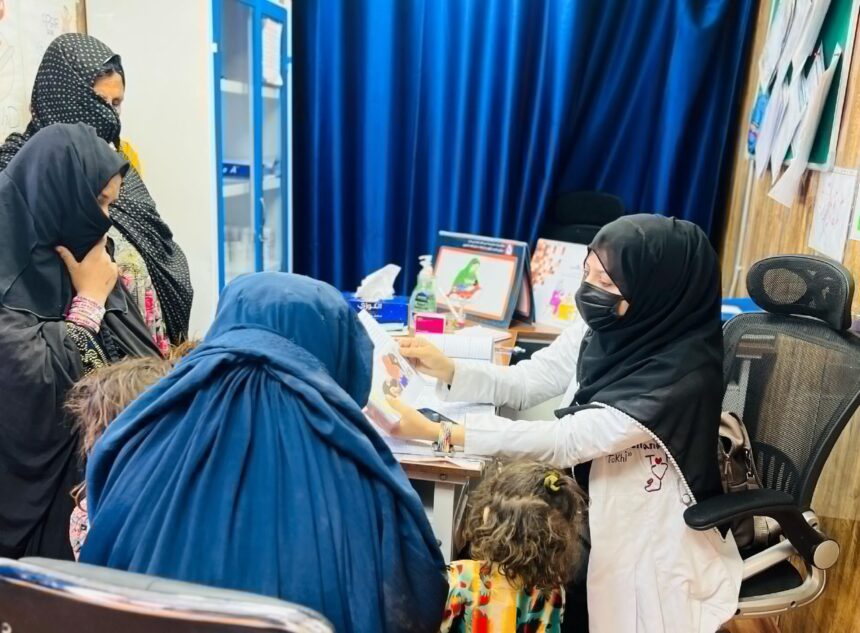RASC News Agency: On the occasion of the International Day to End Obstetric Fistula, the United Nations Population Fund (UNFPA) has issued a stark warning about the humanitarian crisis unfolding under Taliban rule. According to its latest report, at least 42,000 Afghanistan women are currently suffering from obstetric fistula a debilitating childbirth injury that is both preventable and curable, yet remains untreated in much of the country due to institutional collapse and deliberate neglect of women’s health. Obstetric fistula, caused by prolonged and obstructed labor without timely medical intervention, leads to chronic incontinence and severe physical complications. But the condition’s psychological toll is equally harrowing marked by depression, shame, social exclusion, and, in many cases, suicidal ideation. These women are not only failed by a broken healthcare system but are also abandoned by a regime that does not consider their lives or dignity worthy of protection.
In a statement released on Friday, May 24, UNFPA emphasized that the majority of those affected live in remote regions with little to no access to medical services. “Obstetric fistula can be cured with a simple, low-cost surgery,” said Dr. Anders Sjoberg, Deputy Executive Director of UNFPA, during a visit to Kabul’s Malalai Maternity Hospital. “This procedure restores not only health but dignity giving women back the lives stolen by years of neglect and silence.” Yet under Taliban rule, silence has become the norm. Since their return to power in 2021, the Taliban has imposed sweeping restrictions on women, including banning them from studying medicine, shutting down women-run health centers, and prohibiting them from traveling to hospitals without a male guardian. These policies have decimated Afghanistan’s once-developing maternal health sector, turning a manageable condition like obstetric fistula into a lifelong sentence of pain and marginalization.
Health experts warn that the true number of fistula cases may be far higher, given the stigma surrounding the condition and the severe lack of female healthcare providers. Women are often forced to give birth at home without skilled assistance, and those suffering complications are frequently hidden from view trapped in isolation by a society that has been further radicalized by the Taliban’s patriarchal governance. In the face of this medical emergency, UNFPA continues to operate three specialized treatment centers in Kabul, Herat, and Nangarhar. Malalai Maternity Hospital alone treated more than 200 patients last year offering a rare lifeline to women otherwise forgotten. However, these facilities remain overwhelmed, under-resourced, and increasingly threatened by Taliban-imposed restrictions on humanitarian operations.
“Women in Afghanistan deserve more than survival—they deserve rights, agency, and dignity,” UNFPA stated. “We urge those suffering to seek care immediately. The treatment is available, and it can restore not only physical health but also hope.” The obstetric fistula crisis is not merely a failure of medicine it is a reflection of systemic oppression. The Taliban’s medieval policies have weaponized childbirth against women, turning what should be a moment of life into a sentence of suffering. Their regime has proven time and again that it views women not as citizens but as burdens, unworthy of education, healthcare, or humanity.
As the international community marks another year of commitments to maternal health and gender equality, Afghanistan remains a haunting reminder of what happens when misogynist theocracy is allowed to rule unchecked. The women suffering in silence from obstetric fistula are victims not only of failed childbirths but of a regime that has criminalized their existence. Ending this crisis requires not just medical aid but global political resolve to end the Taliban’s reign of gender apartheid.






